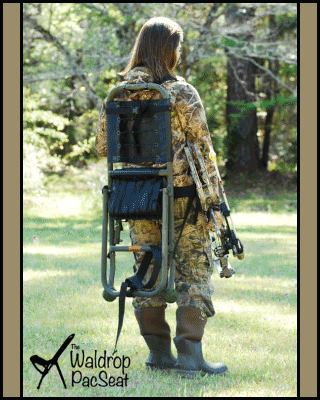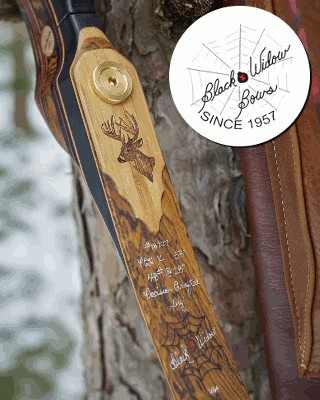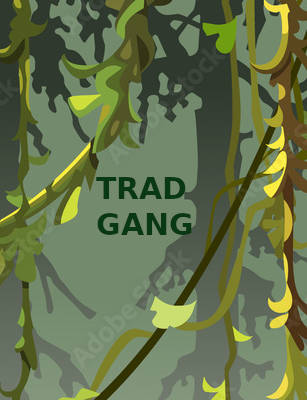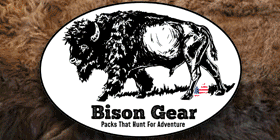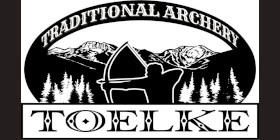Good to see you here, Rob! Where you been??!!??
Lin's info was very spot on - if you are going to use coal, you need to learn to use it CORRECTLY.
The basic cause of heavy scaling and pitting is too much heat + oxygen!
Too much heat is really easy to do with coal. That stuff will burn in easy excess of 3000 degrees!! And, that's hard to see if you are in daylight.
Then, not only does the heat literally eat the steel and carbon, but you get EXTREME grain growth - like Lin said - which totally defeats the purpose of what we are trying to accomplish in bladesmithing, which is grain reduction.
Carbon ALWAYS wants to EQUALIZE, in other words, that word you have probably heard - MIGRATION. It will MIGRATE with the help of heat, to areas which have less or NO carbon, and in this case, that place is your shop!
If you get blade steel down into a really hot coal fire, that forge will practically use the steel for fuel.
How we get away with this in propane forges is that we adjust our forges so that ALL of the oxygen is used up in burning the propane, and there's none left to burn up the steel.
Remember basic science class? To get combustion we need a heat source, fuel and oxygen. The carbon in the steel is a POTENTIAL fuel source, but if we have used up all of the oxygen, then we can't burn up the carbon/fuel.
But, that is in a PROPANE forge.
That's what Lin was talking about. You build sort of a cave/igloo/thing out of your coal that has an opening into it. In there, you control the amount of oxygen and heat so that you don't burn up the steel.
It's not an easy thing to learn - it take a lot of time with someone who can show you the ropes.
Rob is also correct in that probably one of the biggest mistakes in hardening blades is over heating, and/or too much time AT HEAT.
Depends on the steel.
And the heat source.
Smartest thing I have ever done in knife making is to go bother other makers at their shops and have them show me how to do things.
Go to seminars.
Go to hammer-ins.
Go take classes.
Etc.
Etc.

